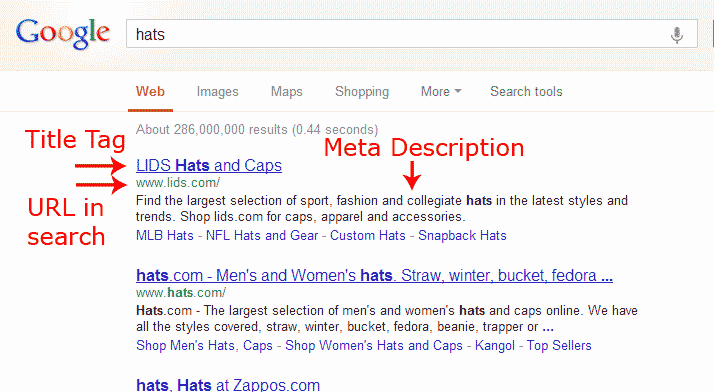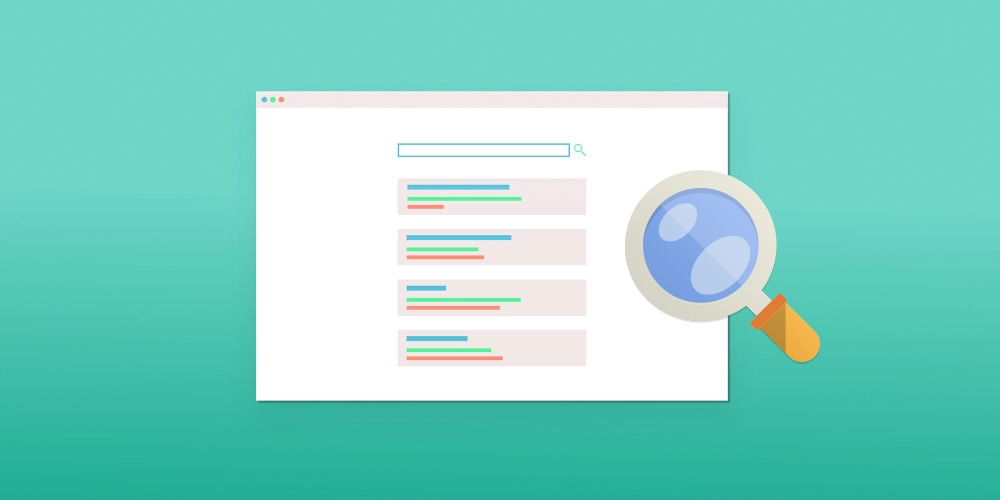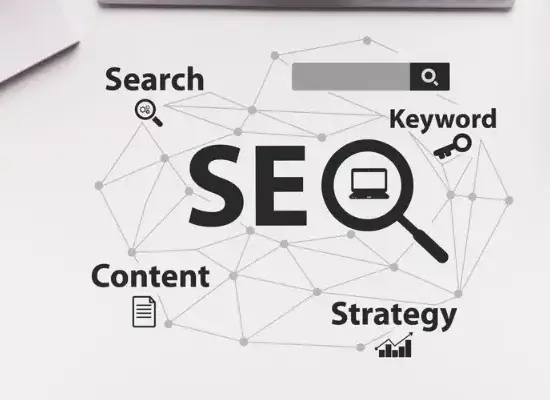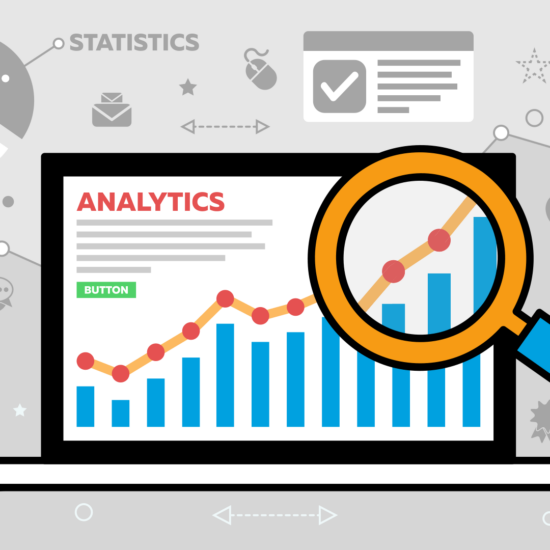Hey there fellow website owner!
Do you want to know the secret to getting your website to rank higher in search engines?
Of course, you do!
It’s time to talk about meta tags and title tags and the impact they have on your websites SEO.
First things first, let’s define what these tags are.
What Are Meta Tags?

Meta tags are snippets of text that provide information about a web page. They are not visible on the web page itself, but are embedded in the HTML code of the page.
They provide search engines with information about the content of a web page, which can help with ranking the page in search results.
There are several different types of meta tags, but the two most important ones for SEO are the meta description and the title tag.
The meta description is a short summary of the content of the page, while the title tag specifies the title of the page.
Other types of meta tags include meta keywords, which provide a list of keywords that are relevant to the content of the page, and meta robots, which specify whether search engines should index the page or follow links on the page.
While meta tags are not the only factor that search engines use to rank web pages, they can play an important role in helping search engines understand the content of a web page and displaying relevant information in search results.
Now, you might be wondering, “How do these tags impact my SEO?” Well, my friend, they are crucial in determining whether or not your webpage will appear in the search results when someone types in a query related to your content.
Here are a few reasons why these tags are so important:
- They tell search engines what your page is about: When a search engine crawls your website, it looks for relevant keywords and phrases in your meta and title tags to determine what your page is about. Make sure to include keywords that accurately describe your content.
- They entice people to click: Your title and meta description are the first things people see when your website appears in the search results. If they are well-crafted and enticing, they can convince people to click through to your website.
- They improve user experience: When people click through to your website from the search results, they want to make sure they are getting what they were looking for. A clear and accurate title and meta description can help set expectations and improve user experience.
How Meta Tags Affect Brand Image and Click-through Rates?
They not only impact a website’s search engine ranking but also play a significant role in shaping a brand’s image and influencing click-through rates.
When a user conducts a search, the search engine results page (SERP) displays a list of relevant pages along with their titles, URLs, and descriptions.
The meta title and description tags appear as the title and summary of a page’s content on the SERP.
These tags give users an idea of what to expect on the website and influence whether they click on the link or not.
Therefore, it’s crucial to optimize these tags to make them attractive, informative, and relevant to the user’s search query.
In addition to influencing click-through rates, meta tags also contribute to a website’s brand image.
The meta title and description tags act as the website’s first impression on the user, and a poorly written or irrelevant tag can harm a brand’s reputation.
On the other hand, a well-crafted tag can make a website stand out from the competition and increase brand awareness.
Overall, They are a crucial aspect of SEO that can impact a website’s visibility, brand image, and click-through rates.
By optimizing these tags, businesses can improve their online presence and attract more potential customers.
Meta Tag Best Practices To Follow
They are like little messages to search engines, telling them what your website is all about.
But like any message, it’s important to get them right, or you might end up sending the wrong signals to the search engines and your audience.
Here are some best practices to follow:
- Be relevant: Make sure your meta tags accurately describe the content of your page. Don’t try to trick the search engines with irrelevant tags.
- Keep it short: They should be concise and to the point. Don’t make them too long or they may get truncated in the search results.
- Use unique tags: Each page on your website should have its own unique set of meta tags. Don’t copy and paste the same tags across all pages.
- Use keywords wisely: While it’s important to include keywords in your meta tags, don’t stuff them in unnaturally. Use them in a way that makes sense and reads well.
- Write for people, not robots: Remember that your meta tags are also visible to your audience in the search results. Write them in a way that is clear, concise, and enticing.
By following these best practices, you can ensure that your meta tags are sending the right signals to the search engines and your audience, improving your chances of getting more clicks and better brand image.
How To Optimize Meta-Tags for SEO?
So, now that you know the importance of these tags, how do you optimize them for SEO?
Here are a few tips:
- Keep your title tag between 50-60 characters and your meta description between 150-160 characters.
- Include your target keywords in both your title and meta description, but make sure they sound natural and not forced.
- Write compelling and descriptive copy that accurately reflects the content on your webpage.
- Don’t duplicate your title and meta description across multiple pages on your website.
FAQs
What are some common meta tags that are used?
Some of the most commonly used meta tags include the meta description tag, meta keywords tag, and meta robots tag.
Do all search engines use meta tags?
No, not all search engines use meta tags. While Google and Bing still use meta tags to some extent, they primarily rely on the content on the page to determine its relevance and ranking.
Can meta tags harm my SEO efforts if used incorrectly?
Yes, if meta tags are used incorrectly, they can harm your SEO efforts. For example, if you stuff your meta tags with irrelevant keywords or use deceptive meta tags, it can result in penalties from search engines.
How often should I update my meta tags?
It is a good practice to update your meta tags periodically, especially if you have made significant changes to your website or content. However, you do not need to update your meta tags frequently if there are no major changes.
Are meta tags the only way to improve my website’s SEO?
No, meta tags are just one of the many factors that affect your website’s SEO. Other important factors include quality content, website structure, backlinks, and user experience.
In conclusion, meta and title tags are powerful tools that can help improve your website’s SEO and attract more visitors to your site.
By following these simple tips, you can optimize your tags and increase your chances of ranking higher in search engine results pages.
So go ahead, give it a try, and unlock the SEO magic for your website!



